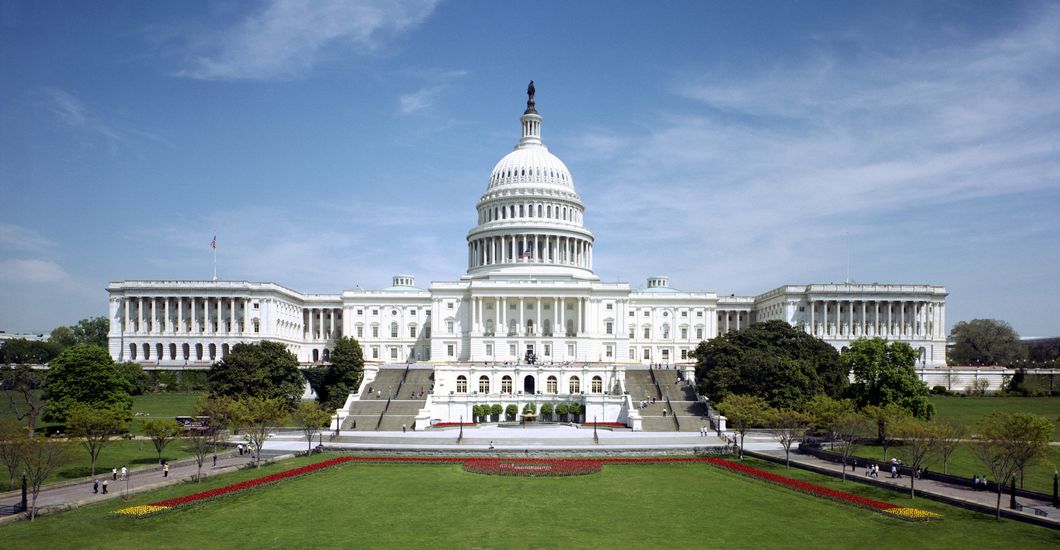The current state of politics in Washington D.C., as they have been since the 2016 presidential election, has caused eligible voters to take action on election day. Most recently, these calls for action were heard in the 2018 Midterm Election, which ended the Republican's control of Congress.
Democrats took control of the House, holding 232 seats opposed to the 199 Republican seats (and four independents). The Republicans gained even more seats in the Senate, holding 52 against the remaining 47 Democrats (and one independent). This is not the ideal result that Democrats were hoping for due to the Senatorial election results, but gaining control of the House in such a drastic fashion is much better than no change at all.
But why are these election results so drastic?
The simple answer is that these results are different from what this country has always known. Many candidates for office and those who have won their races are making history. Barriers have been broken in the 2018 Midterm Elections in gender, race, religion, and sexual orientation.
Firsts in the Gubernatorial Elections Include:
-Jared Polis (D), the First Openly Gay Governor in United States history, was elected in Colorado. (Polis is not the first open member of the LGBT community to be elected, because Governor Kate Brown of Oregon is bisexual).
-Kristi Noem (R), the first female governor of South Dakota.
-Janet Mills (D), the first female governor of Maine.
Firsts in Congressional Elections Include:
-Rashida Tlaib (D, Michigan) and Ilhan Omar (D, Minnesota) being the first Muslim women elected to Congress. Omar is also the first Palestinian-American congresswoman.
-Alexandria Ocasio-Cortez (D, New York) is the youngest woman elected to Congress, as she will be 29 when she is sworn into office.
-Sharice Davids (D, Kansas) and Deb Hassland (D, New Mexico) are the first Native American Congresswomen. Davids is also the first openly gay representative from Kansas.
-Marsha Blackburn (R) is the first female Senator from Tennessee.
-Veronica Escobar (D) and Sylvia Garcia (D) are both the first hispanic congresswomen from Texas.
-Jahana Hayes (D) is the first black Congresswoman from Connecticut.
-Ayanna Pressley (D) is the first black Congresswoman from Massachusetts.
-Abby Finkenauer (D) and Cindy Axne (D) are both the first female members of the house from Iowa.
-Krysten Sinema (D, Arizona) is the first openly bisexual person elected to the Senate. She also was sworn into office by Vice President Michael Pence on a copy of the Constitution.
42 women are joining Congress. (Only 4 of them are Republican…)
There are 24 people of color elected to Congress (One of them is Republican...)
These elections have brought about change to the United States government, and with greater voter turnout in years to come, hopefully, more change will occur. Ideally, change will continue in elections to come to represent a greater diversity of people that accurately matches the United States population, and with more bi-partisan results.









































